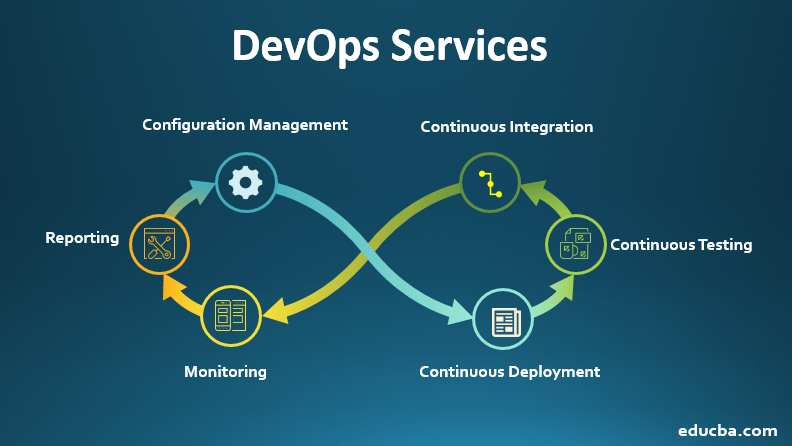Navigating the Container Landscape Through Kubernetes Integration Services
In the ever-evolving realm of containerization, Kubernetes has emerged as the de facto orchestrator, revolutionizing the way applications are deployed, scaled, and managed. As organizations continue to embrace the scalability and agility offered by containers, the need for efficient orchestration and management solutions becomes increasingly paramount. Enter Kubernetes integration services, the linchpin for streamlining operations in the container landscape. At its core, Kubernetes provides a powerful framework for automating the deployment, scaling, and management of containerized applications. However, harnessing its full potential requires robust integration with existing systems and tools. Kubernetes integration services bridge the gap between Kubernetes clusters and other components of the IT ecosystem, enabling seamless interoperability and enhanced operational efficiency. These services encompass a wide array of capabilities, ranging from monitoring and logging to security and networking. One of the key benefits of Kubernetes integration services is their ability to simplify and automate complex operational tasks. By leveraging automation tools and pre-built integrations, organizations can streamline the deployment and management of Kubernetes clusters, reducing the burden on IT teams and accelerating time-to-market for new applications.

Furthermore, these services facilitate greater consistency and reliability across environments, ensuring smooth operations at scale and check here https://quema.co/integration-kubernetes. In addition to operational efficiency, Kubernetes integration services play a crucial role in enhancing visibility and control over containerized workloads. By integrating with monitoring and logging solutions, organizations can gain real-time insights into the performance and health of their Kubernetes clusters, enabling proactive troubleshooting and optimization. Likewise, integration with security tools allows for the implementation of robust access controls, threat detection, and compliance enforcement, safeguarding sensitive workloads and data. Moreover, Kubernetes integration services enable organizations to extend the capabilities of their Kubernetes clusters to meet specific business requirements. Whether it is integrating with external storage systems for persistent data management or connecting to external identity providers for authentication and authorization, these services empower organizations to build highly customized and tailored solutions that align with their unique needs and workflows. Another compelling aspect of Kubernetes integration services is their role in enabling hybrid and multi-cloud deployments.
By seamlessly integrating Kubernetes clusters with public cloud platforms, private cloud environments, and on-premises infrastructure, organizations can leverage the flexibility and scalability of cloud computing while maintaining control over their data and workloads. This hybrid approach not only maximizes resource utilization but also minimizes vendor lock-in and enhances resilience and redundancy. Looking ahead, the demand for Kubernetes integration services is poised to surge as organizations continue to embrace cloud-native technologies and digital transformation initiatives. From small startups to large enterprises, businesses across industries are recognizing the transformative potential of Kubernetes and are seeking robust solutions to harness its power effectively. Whether it is optimizing operational workflows, enhancing security and compliance, or enabling seamless hybrid deployments, Kubernetes integration services are set to play a pivotal role in shaping the future of containerized infrastructure. In essence, they are the key enabler for organizations looking to unlock the full potential of Kubernetes and drive innovation at scale in the dynamic container landscape.